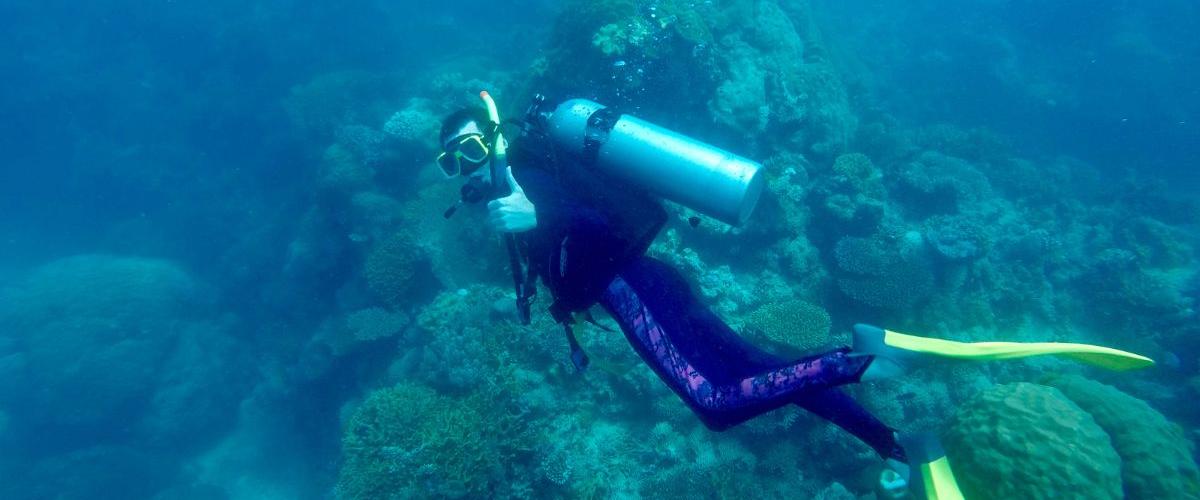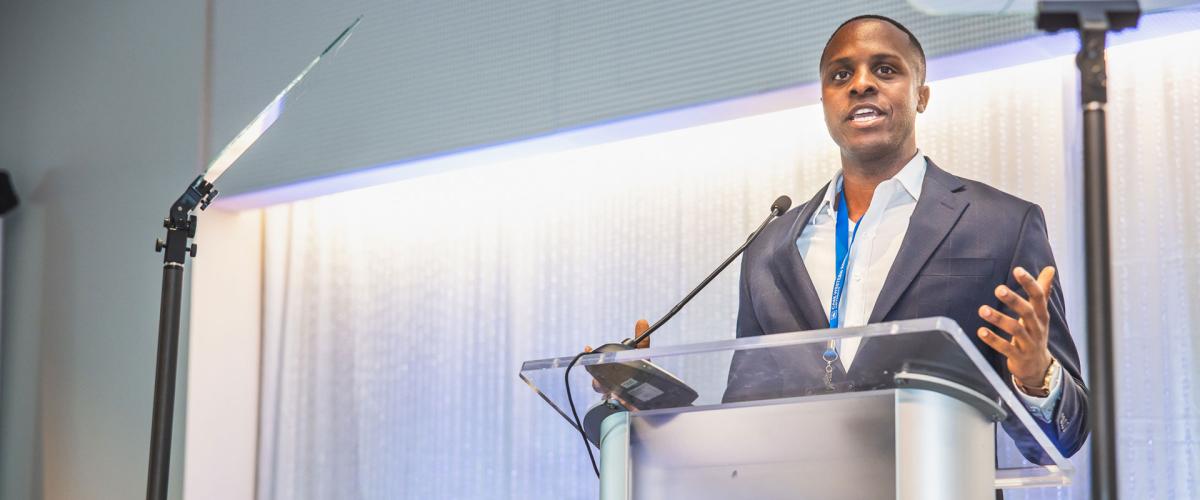Great professors inspire students to follow their own interests and pursue knowledge on their own. This leads to the student becoming the master. There are plenty examples of this at Weatherhead School of Management. This includes the journey taken by Laura Guilliam (MGT '18), who studies in the Master of Science in Positive Organization Development (MPOD) program.
Guilliam has been with Progressive Insurance for 20 years as of this July. It is an ideal place to work based on her passion to expand the boundaries of organizational development. Progressive is an innovative company with a focus on fostering emotionally intelligent leaders, internal relationships among employees and diverse work environments.
In 2019, Guilliam pursued a PhD in Values Driven Leadership from Benedictine University, Chicago, resulting in a two- and-a-half-year research study on Emotional Intelligence and The Sense of Belonging in Virtual and Hybrid Work Environments. The study revealed an interesting relationship between employee belonging and emotionally intelligent (Ei) leadership.
“High Ei leaders in my study were able to build and support their employee's sense of belonging in physically disconnected environments,” explained Guilliam. “High Ei leaders figure out how to protect and grow relationships using various communication practices, such as video, texting, instant messaging, phone calls, voice mails, cards, Instagram and more. I also observed high Ei leaders paying close attention to how and when they connect with their people.”
Guilliam also discovered that high Ei leaders appreciate that increasing family belonging and/or neighborhood and community belonging can enhance an employee's work engagement, productivity and creativity. They understand that at various times in our life, our belonging needs change, and being able to support those changing needs and grow employee respect and appreciation for a workplace that promotes changing belonging needs is critically important in hybrid and virtual work environments. This can also increase employee retention and wellbeing.
Finally, it’s important to realize that a person’s level of Ei leadership can change throughout the day and week. Sometimes you’re at your best and at other times or in different situations you are not.
“There are days when I feel really good about what I've delivered to others emotionally and relationally, and there are other days when I feel like I could have done better, and sometimes I'm disappointed with my emotional and relational management,” said Guilliam. “When I'm at my best, I’m investing in my self-awareness and managing my relationships with great care and intentionality.”
Guilliam is interested in continuing to explore if our changing environments and organizational relationships call for us to lift the hood on Ei to determine if it needs to be updated or adjusted with competencies that support relationships that rarely or never have a physical existence. She believes we are just beginning to figure out what it takes to create flourishing relationships in this new era of hybrid work, and that it may offer more benefits than we think.




